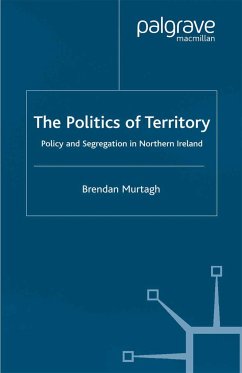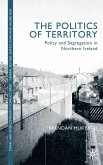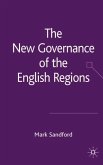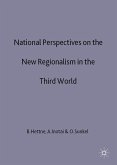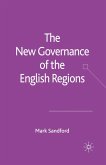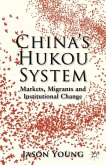This book explores the relationship between land use planning and ethno-religious segregation. It draws on a range of empirical research and case studies to explore the meaning attached to land in contested places, the challenges these present to planners and the possibilities for accommodating differences over the use and development of territory. The author argues that planners have a significant role in the management of these processes and sets out some ideas about how this might be addressed in local and global settings, including the Balkans and Palestine.
Bitte wählen Sie Ihr Anliegen aus.
Rechnungen
Retourenschein anfordern
Bestellstatus
Storno

